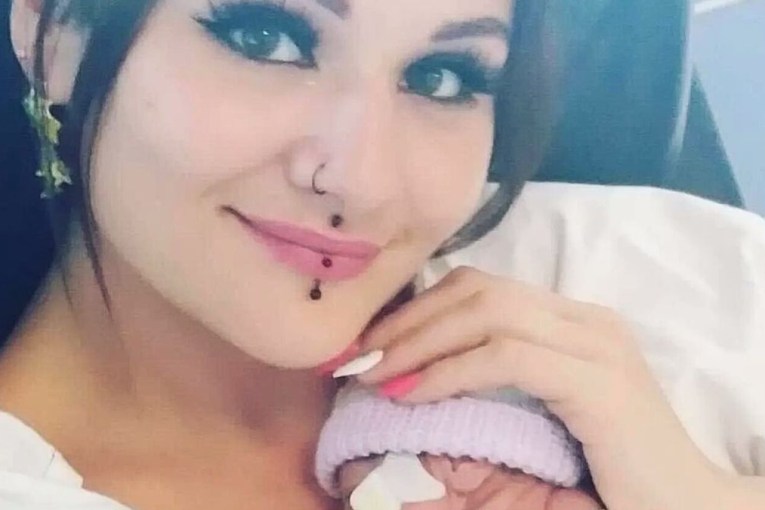Critics: My Health Record undermines teens’ right to privacy

Critics say My Health Record could infringe on the right of young people to confidential healthcare. Photo: Getty
The digital health project My Health Record could undermine the ability of young people to access confidential medical care, critics have warned.
When a teenager turns 14 they must typically give consent for parents to access their Medicare information, but now parents can register their child for a My Health Record and potentially view and administer it until age 18.
The Australian Association for Adolescent Health (AAAH) has called for the Government to automatically seek consent from young people aged 14 to 17 years before granting access to any part of their My Health Record to parents or legal guardians.
“Those people are vulnerable to having to, unwittingly perhaps, or not so unwittingly, share [health information] with people who they may not wish it to be shared with,” AAAH president Melissa Kang said.
In line with Department of Human Services policy, Medicare data stops flowing into My Health Record once a teen turns 14.
But advocates are concerned that other information such as health status summaries or medication lists uploaded by doctors could remain visible to a carer, potentially exposing sensitive issues such as mental and sexual health.
Once they turn 14, teenagers can also take control of their record, delete documents, administer Medicare data and turn on access settings, but this does not occur automatically.
“Should a child be concerned about the confidentiality of their record, they can take control at 14 in which case their authorised representatives will be removed from the record,” an Australian Digital Health Agency (ADHA) spokesperson said.
“A child who takes control can also appoint their parents as a Nominated Representative if they wish to have their parents help in managing their record and health care.”
Teens need medical privacy: social workers
Until October 15, parents can opt children under 18 out of My Health Record, otherwise one will be automatically created.
Children aged 14 and over can also opt themselves out online using their Medicare number, according to the ADHA.
But children whose parents create a record for them or who have one automatically created will never get the chance to opt out. Cancelled records are kept for 30 years after death.
Alice Zhang, a 21-year-old youth worker and student, doubted most teenagers would actively take over their My Health Record at age 14.
“I find it very hard to imagine that a 14-year-old is going to be able to go out of their way to find this information, and secondly, to be able to navigate it successfully,” she said.
Besides the risk of privacy breaches, she said the ability of parents to access health data could negatively impact the ability or willingness of teenagers to seek treatment.
“This means that young people are not going to be able to talk about things like sexual health or talk about things like their sexuality,” Ms Zhang said.
This is just another barrier.”
Concerns have also been raised about the risk of My Health Record data being abused by parents, or used to monitor children and families in domestic violence situations.
Jane Sanders, principal solicitor at the Shopfront Youth Legal Centre, said parents and law enforcement could sometimes legally access the health records of children.
But a parent-controlled electronic record may change that process.
“The potential for abuse and the potential for parents to get automatic access to these records is much, much greater,” she said.
“Certainly, for parents who are controlling or abusive or violent, it could be another means that they could use to effectively stalk their kids.”
It could also be used as a “means of ammunition” by one parent to gain advantage over the other parent in family law proceedings, Ms Sanders added.
Only one parent is needed to create a child’s My Health Record, and they can do so using a Medicare card, a birth certificate or a court order proving parenthood.
According to the ADHA, the other parent would not be notified about the record’s creation.
“To ensure individuals who are no longer eligible to be a child’s authorised representative are removed from the record, the ADHA works with each child protection department in each jurisdiction,” a spokesperson said.
“An authorised representative will need to provide evidence to the [ADHA] in order to request that another authorised representative’s status be cancelled.”








